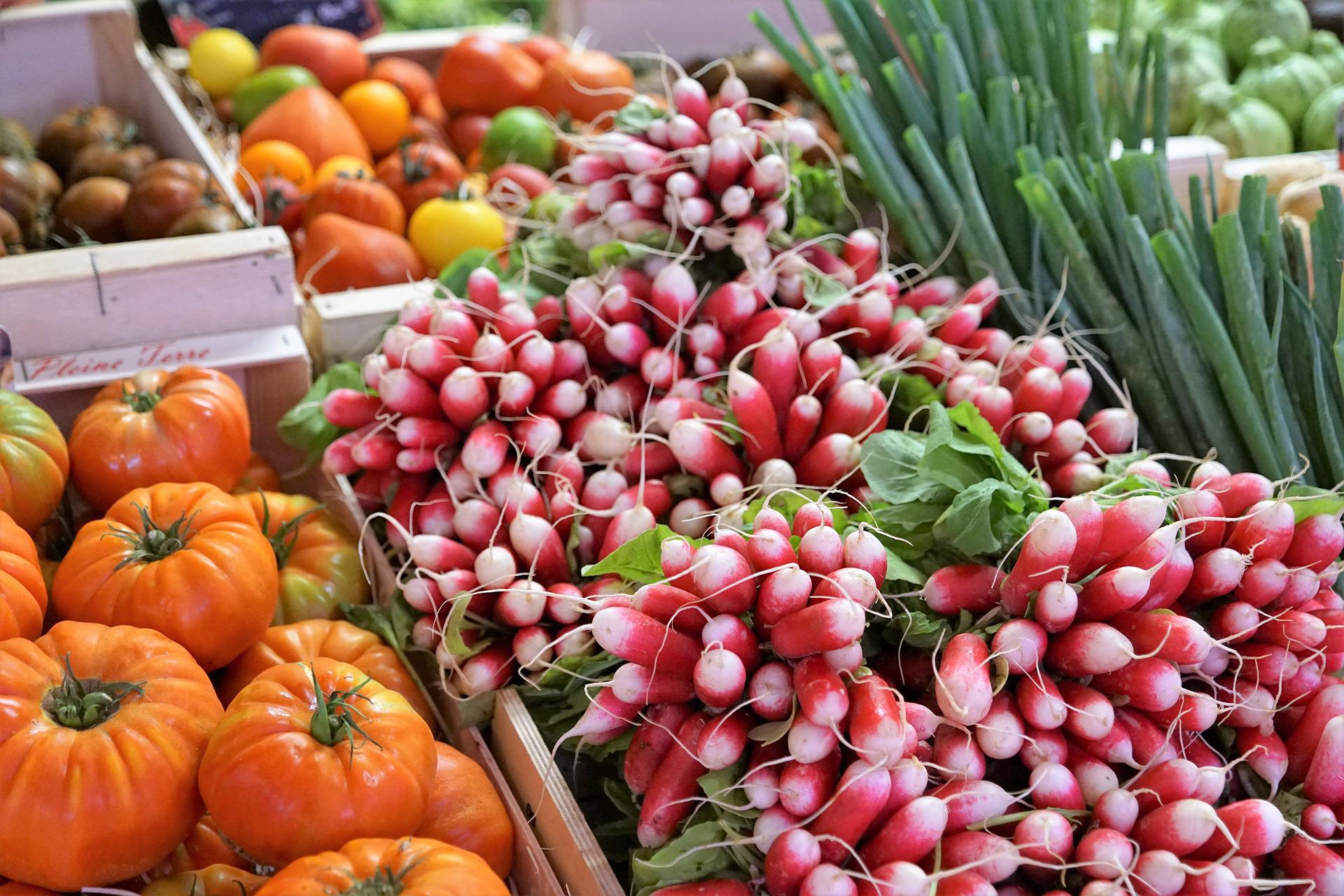Farm shops and agricultural cooperatives waste up to 80% less fruit and vegetables than supermarkets
Food wastage in farm shops, agricultural cooperatives and farmers' stalls is between 1% and 2%, a much lower percentage than in supermarkets, where 5% to 10% of fruits and vegetables end up in the rubbish bin.

This is the result of a study by the Institute of Environmental Science and Technology of the Universitat Autònoma de Barcelona (ICTA-UAB) carried out as part of a project that aims to contribute to the creation of resilient municipalities that can cope with situations of food vulnerability such as the one generated by the Covid19 pandemic.
Eighty per cent of the world's food is consumed in cities, where 70 per cent of waste generation is also concentrated. The PANDÈMIES project - "Pandemic Resilient Municipalities through the nexus of proximity agriculture, energy, water and waste. From the pilot to the municipality" aims to reduce food waste, bring sustainable production closer to consumers in cities and raise public awareness of this global problem.
The study compares the level of food wastage of fruits and vegetables in long distribution chain establishments (supermarkets, hypermarkets), which supply 81% of the population, with those in the short chain (farm shops, agricultural cooperatives and direct sales by farmers), which supply 19% of the population.
Waste in farm shops and agricultural cooperatives is up to 80% lower than in supermarkets due to the fact that, in this type of establishment, there is a closer relationship between buyer and seller, which encourages the consumption of more varied and seasonal foodstuffs. Customers also tend to be more environmentally conscious and tend to buy more aesthetically "ugly" products, most of which do not make it to supermarkets. According to Pietro Tonini, ICTA-UAB researcher responsible for this study, "between 10 and 15% of what is grown stays in the field due to aesthetic demands, market saturation or excessively low prices, figures that are not counted as food waste".
The study, carried out in collaboration with Sabadell City Council using data from the Parc Agrari de Sabadell and the El Rodal cooperative, shows that those who buy in supermarkets/hypermarkets are more likely to consume ultra-processed products, a type of food whose consumption has increased after the pandemic. In contrast, farm shop and agricultural cooperative customers consume more fresh goods, spend more time cooking, and are more environmentally and healthily conscious.
It is estimated that long-chain distribution wastes 60 million tonnes of food every year in Europe, i.e., between 35 and 38 kilograms per person per year. "This means that more than a third of what we produce is wasted: a terrible figure", explains Pietro Tonini, who points out that, fortunately, the short supply chain is growing in Mediterranean countries.
The aim of the project is to raise awareness and promote sustainable food production among the population, bringing production closer to the consumer. "At present, wholesalers import products from far away, so we are breaking the system around the cities," concludes Pietro Tonini.